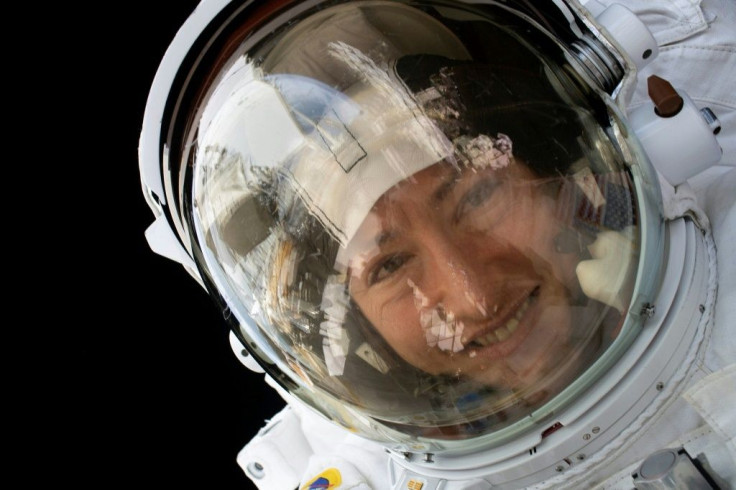Space Travel Causing Astronauts’ Brains To Swell, New Study Confirms
KEY POINTS
- A new study confirmed that prolonged space travel can cause the brain to swell
- MRI scans of astronauts' brains revealed an increase in the volume of cerebrospinal fluid
- Researchers have suggested a countermeasure to reverse the effects of microgravity
A new study has confirmed that prolonged missions in space can have serious effects on the brains of astronauts. According to the authors of the new study, staying in space for long periods of time can cause brains to swell, which could lead to serious complications.
For years, scientists have been studying the effects of space on the human body. The objective of these studies is to develop new ways to protect astronauts from cosmic threats during their missions.
In a recent study, which was published in the journal Radiological Society of North America, a team of researchers revealed how the brain could be seriously affected by space conditions. For the study, the researchers carried out brain MRI procedures on 11 astronauts before and after going to space.
The MRI images revealed that exposure to microgravity for long periods of time could cause the brain to swell. Also, the cerebrospinal fluid, which envelopes the spinal cord and brain, can also increase in volume. The researchers noted that the changes in the volume of the brain could compress the pituitary gland.
Their findings coincide with previous reports about astronauts experiencing increased pressure in their heads and issues with their vision after returning from long-term space missions.
In order to reverse the effects of space travel on the brain, the researchers proposed a couple of countermeasures that could help astronauts. As noted by the researchers, the countermeasures are designed to reverse the effects of microgravity on the brain.
One of the techniques they came up with involves placing an astronaut inside a revolving facility or equipment for a certain portion of the day. In microgravity conditions, the blood tends to flow upwards in the body, causing vessels in the brain to swell up.
“The blood that normally pools in the extremities redistributes toward the head,” the study’s lead author Larry Kramer of the University of Texas Health Science Center at Houston told Space.com. “It's not something that we normally experience on Earth unless you're sort of standing on your hands.”
To reverse these effects, the researchers suggested spinning an asteroid around for a certain amount of time. According to the researchers, this technique could move the blood towards the legs, which can decrease pressure in the brain.

© Copyright IBTimes 2024. All rights reserved.





















